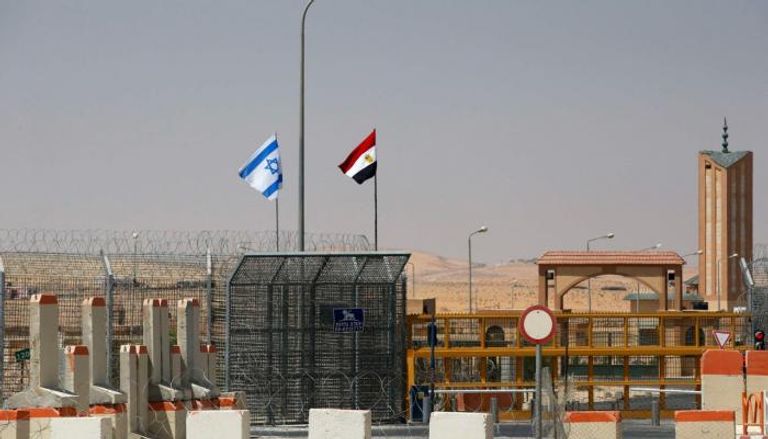
Egyptian Prime Minister Mostafa Madbouly announced Wednesday that a sudden technical malfunction at a gas field in a “neighboring country” has led to an increase in the number of hours of power cuts in Egypt, after a decline in fuel supplies to power plants.
He explained that one of the fields in this nearby country went out of service, experienced a technical malfunction, and suddenly stopped for 12 hours.
A prompt response to the situation was taken to address it swiftly, and the field is now back to operating at full capacity since Wednesday morning.
News website Cairo 24 said that the Prime Minister’s address on a gas field outage in a neighboring region left many questions unanswered, including the specific location, region, and operating company.
The website hinted that the location might be in Israel, after it reported that Egypt imported gas from Israel to meet local needs, and liquefies the surplus through liquefaction plants in Adco and Damietta for export to Europe, making Egypt a regional energy center.
Israel exported about 5.8 billion cubic meters of gas to Egypt in 2022, and exports to Egypt were expected to increase before the outbreak of the Gaza war last October.
Gas imports on the rise
Directly following the war, Egypt’s imports of Israeli natural gas decreased by about 19 percent to about 650 million cubic feet per day of gas on October 9, instead of 800 million cubic feet, as Chevron was instructed by Israel to stop production of natural gas in the Tamar field due to the war.
However, Egypt’s imports of Israeli gas recorded record numbers during the first quarter of 2024 – and achieved its highest rate ever in March.
Egypt’s total imports of Israeli gas increased to 2.63 billion cubic meters in 2024 from January to the end of March, compared to 1.85 billion cubic meters in the corresponding quarter of 2023, an annual increase of 744 million cubic meters.
In January, Egypt’s imports of Israeli gas rose to 913 million cubic meters – the second-highest historical rate – compared to 740 million cubic meters in the same month of 2023.
Egypt’s monthly gas imports decreased this February to 785 million cubic meters, which is still high compared to the same month in 2023 when it was 655 million cubic meters.
Imports rose on an annual and monthly basis in March to reach their highest level ever at 933 million cubic meters, compared to 814 million cubic meters in the same period last year, according to figures from the Joint Organizations Data Initiative (JODI).




